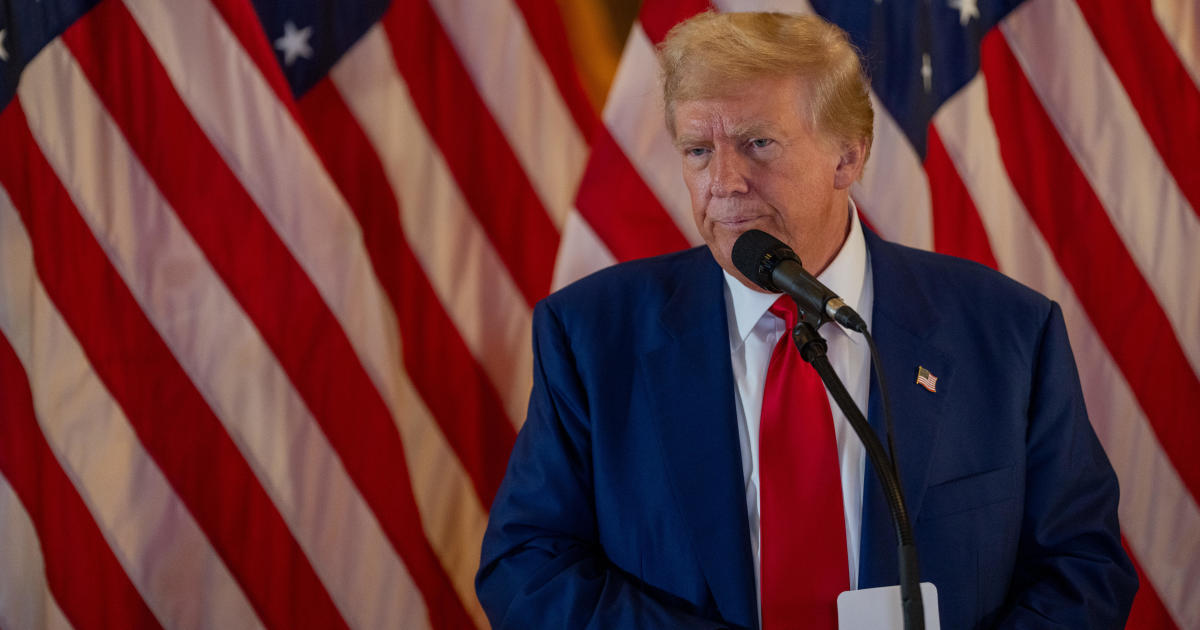The Supreme Court’s recent decision granting former President Donald Trump immunity from federal prosecution for actions taken during his time in office has sparked significant debate and controversy. This landmark ruling, delivered in the midst of a heated election season, has the potential to further delay Trump’s criminal trial in Washington, D.C.
The 6-3 decision overturned a previous ruling by the federal appeals court in Washington, which had determined that Trump did not have broad immunity from criminal charges related to an alleged scheme to retain power after the 2020 election. The Supreme Court’s decision sends the case back to the district court for additional proceedings, providing guidance on how to proceed.
This ruling marks an expansion of presidential power, as it grants former presidents immunity from criminal prosecution for their official actions. Prior to this decision, the Supreme Court had never addressed the issue of whether a former president could face criminal charges for conduct during their time in office.
Trump, the first president to face prosecution after leaving office, has pleaded not guilty to charges stemming from an alleged effort to undermine the transfer of power following the 2020 election. The Supreme Court’s decision, authored by Chief Justice John Roberts, categorizes a president’s conduct into three areas: official acts within their constitutional powers, other official acts outside their exclusive authority, and unofficial acts. Presidents have absolute immunity for the first category, presumptive immunity for the second, and no immunity for the third.
The ruling makes it unlikely that Trump’s trial will take place before the upcoming presidential election, as the district court is now tasked with examining the allegations in the indictment to determine their immunity status. The indictment accuses Trump of collaborating with Justice Department officials to pressure states into overturning election results. The Supreme Court ruled that Trump is immune from prosecution in this instance, as it falls within his constitutional authority.
Regarding other allegations in the indictment, such as urging Vice President Mike Pence to delay certification of the Electoral College votes and organizing a false slate of electors, the court instructed the district judge to analyze whether immunity applies. The conservative majority on the court also ruled that certain evidence related to the president’s conduct cannot be admitted at trial.
Trump, the presumptive Republican presidential nominee, has sought to delay proceedings in multiple cases until after the election. In addition to the Washington charges, he faces indictments in South Florida and Fulton County, Georgia. The legal battle over presidential immunity has become politically charged, with Trump claiming he is being unfairly targeted to protect President Biden.
This Supreme Court decision is the latest in a series of legal battles involving Trump, including a recent criminal trial in New York where he was convicted on multiple felony counts. The justices’ ruling on presidential immunity has far-reaching implications for future presidencies, as it establishes guidelines for holding former presidents accountable for their actions.
Trump’s legal team argued for broad immunity from criminal prosecution, while prosecutors contended that no one, including former presidents, is above the law. The Supreme Court’s decision sets a precedent for how the legal system can address allegations of misconduct by former presidents, balancing the need for accountability with the protection of executive powers.
The ongoing legal saga surrounding Trump’s post-presidency conduct has captivated the nation and raised important questions about the limits of presidential immunity. As the legal battles continue to unfold, the Supreme Court’s decision will shape the way future administrations are held accountable for their actions both during and after their time in office.









